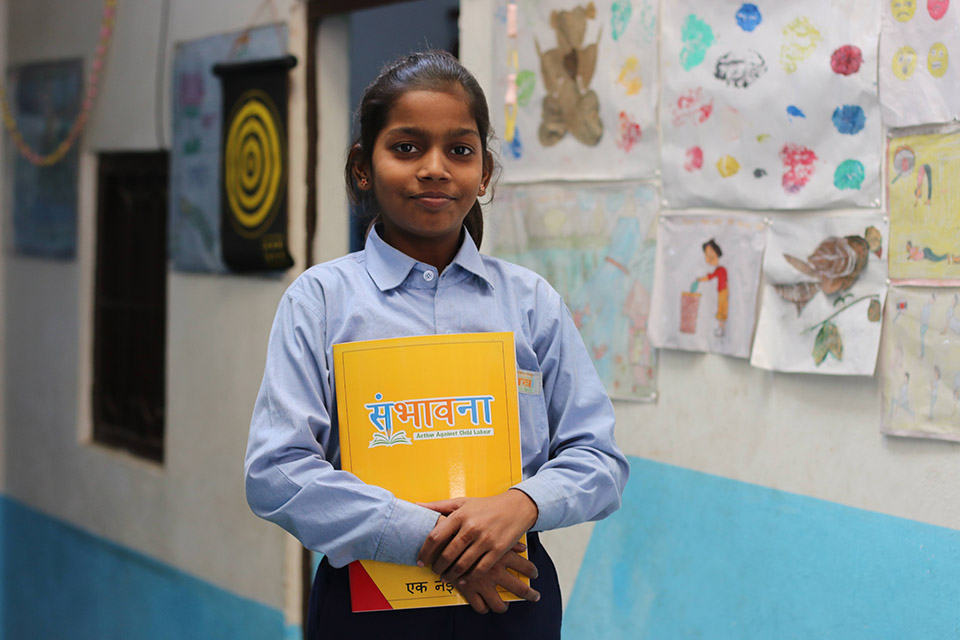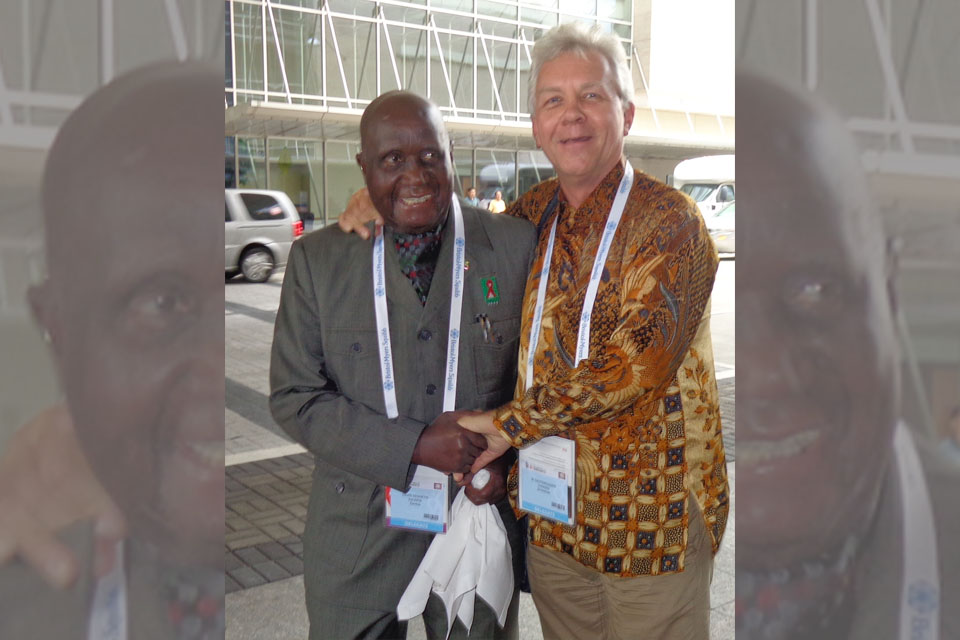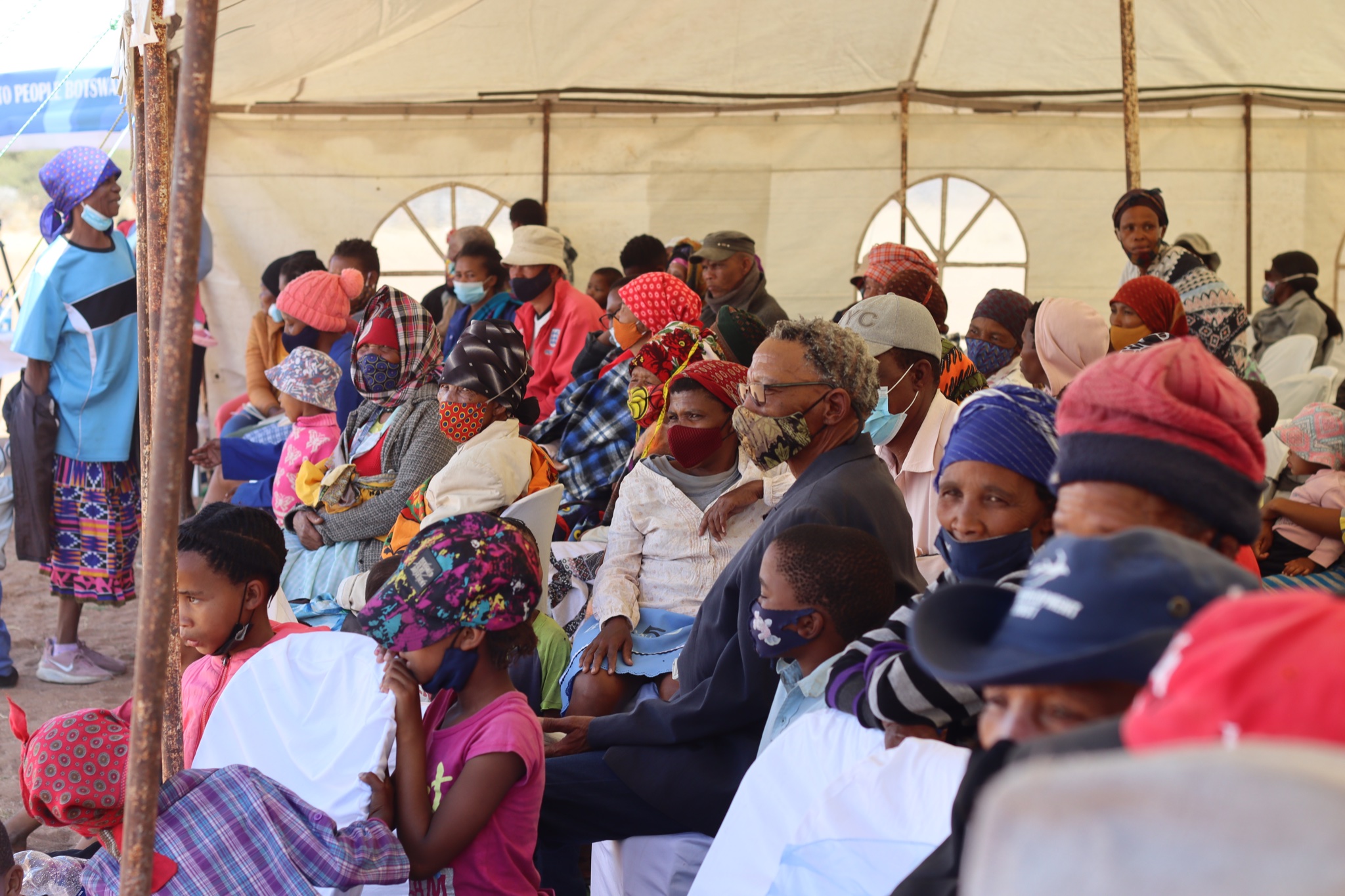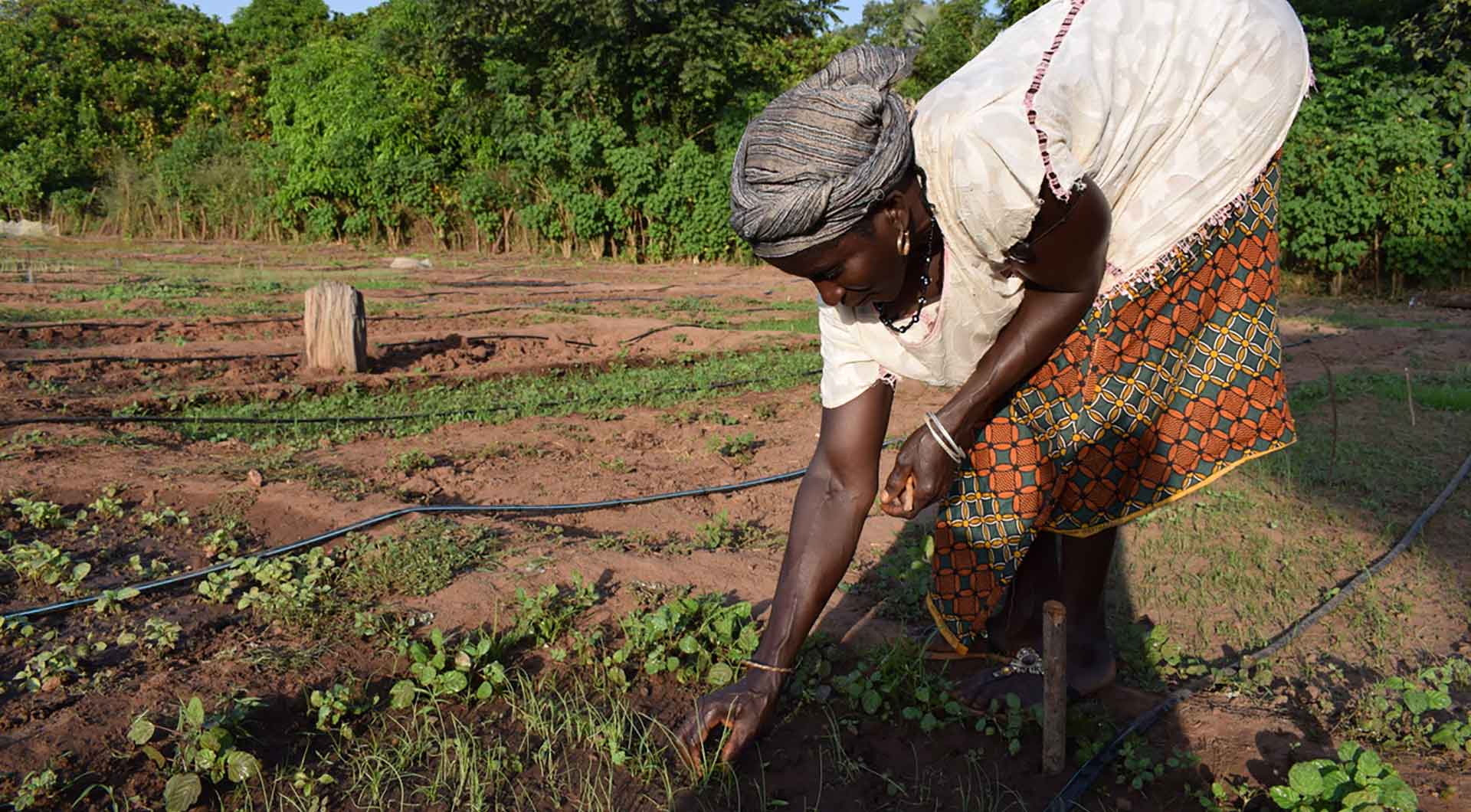
Humana People to People members from Spain and Namibia will work to develop two new agricultural management qualifications for the Namibian TVET system
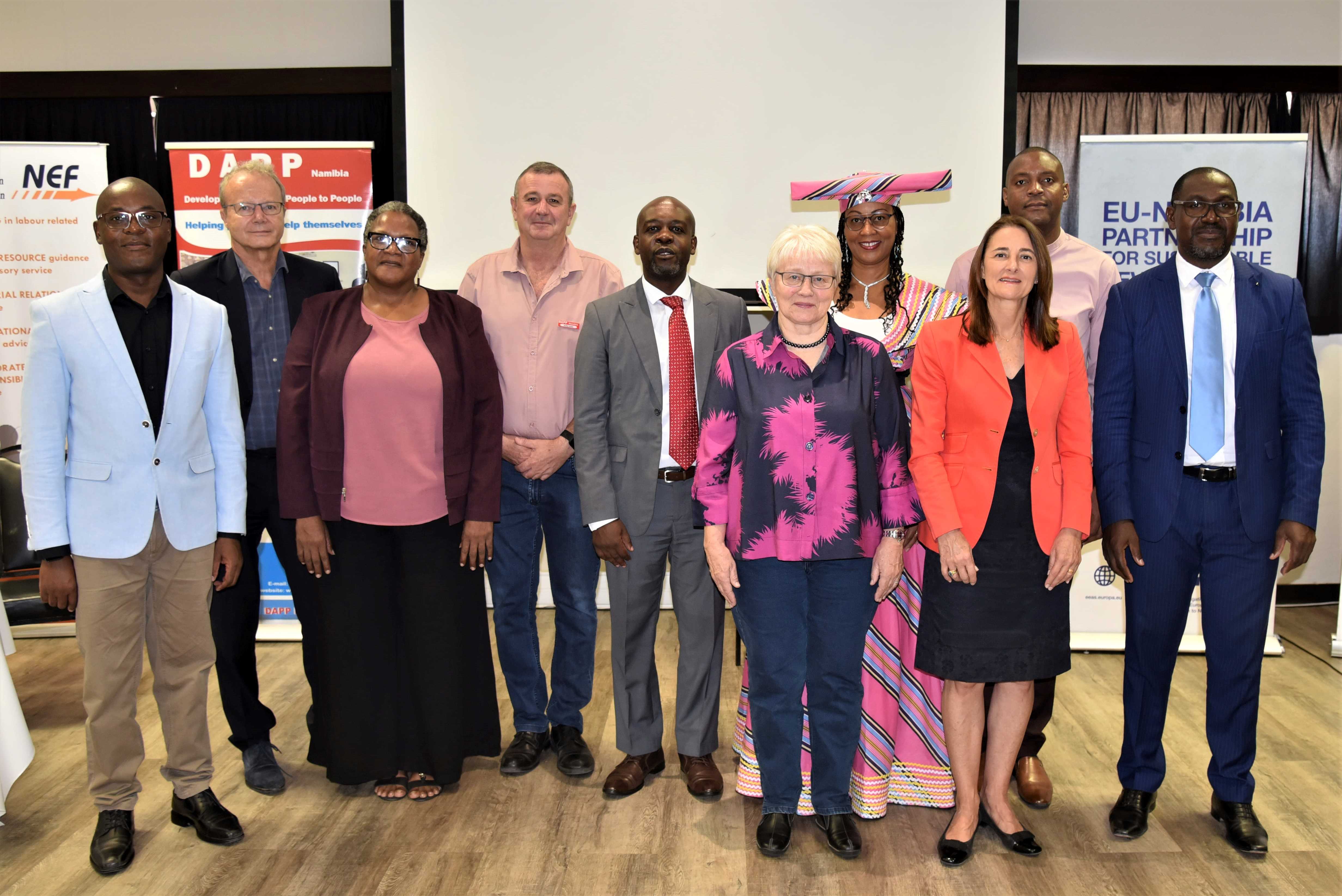
Humana Spain (Fundación Pueblo para Pueblo) and DAPP Namibia (Development Aid from People to People Namibia), both members of the Humana People to People network, will coordinate and implement an EU co-funded Erasmus+ project. This initiative will be carried out in partnership with Deutsches Institut für Tropische und Subtropische Landwirtschaft (DITSL), Nevsehir Haci Bektas Veli University (NEVU), Namibia University of Science and Technology (NUST) and the Namibian Employers Federation (NEF/GAN).
The ‘Strengthening Agricultural Sector through Agricultural Technical and Vocational Education and Training’ Project (SAS.ATVET) will facilitate the introduction of two additional vocational agricultural management qualifications for national ATVET Training providers: National Vocational Certificate in Agriculture (L4) and the National Diploma in Farm Management (L5). This will capacitate the youth to actively contribute to the improvement of the agricultural sector in Namibia, boosting the country’s sustainable socioeconomic development.
The project's launch ceremony took place on 19 March 2024 at Arebbusch Travel Lodge in Windhoek, Namibia, and was led by Kirsten Moeller Jensen, Managing Director at DAPP Namibia. Also, in attendance were: Ana Beatriz Marins, EU Ambassador in Namibia; Lisho Mundia, Director of Research and Innovation in the Ministry of Higher Education; Technology and Innovation; Tobias Nambala, General Manager TVET Regulation from the Namibia Training Authority, and representatives from the project consortium, project partners and stakeholders.
In her speech, Kirsten Moeller Jensen, Managing Director at DAPP Namibia, stated that: “For more than 30 years, DAPP Namibia has been working hand-in-hand with communities to generate positive and sustainable change. Considering Namibia’s current macro environment among youth, the ERASMUS+ SAS.VET project comes at the right time to start building capacity of VET providers by introducing new agricultural qualifications and addressing the pressing need for skilled workforce in agriculture and laying the foundation for sustainable growth in the country".
In the words of Ana Beatriz Martins, EU Ambassador in Namibia: "Education and training represent critical building blocks of human development and key ingredient to achieve EU global priorities. With the ERASMUS+ SAS.VET programme, we are not only strengthening capacity building in VET in Namibia but also nurturing the Africa-EU partnership by facilitating the exchange of pedagogical approaches, teaching methodologies, and training materials, fostering a rich cross-cultural dialogue and collaboration".
Over the project's three-year span, it will leverage the expertise of European and Namibian partners to ensure the newly introduced qualifications meet industry demands. This includes facilitating the exchange of teaching materials and methodologies, fostering gender-sensitive approaches, and aligning ATVET provision with Namibia's development plans for agricultural expansion and food security.
